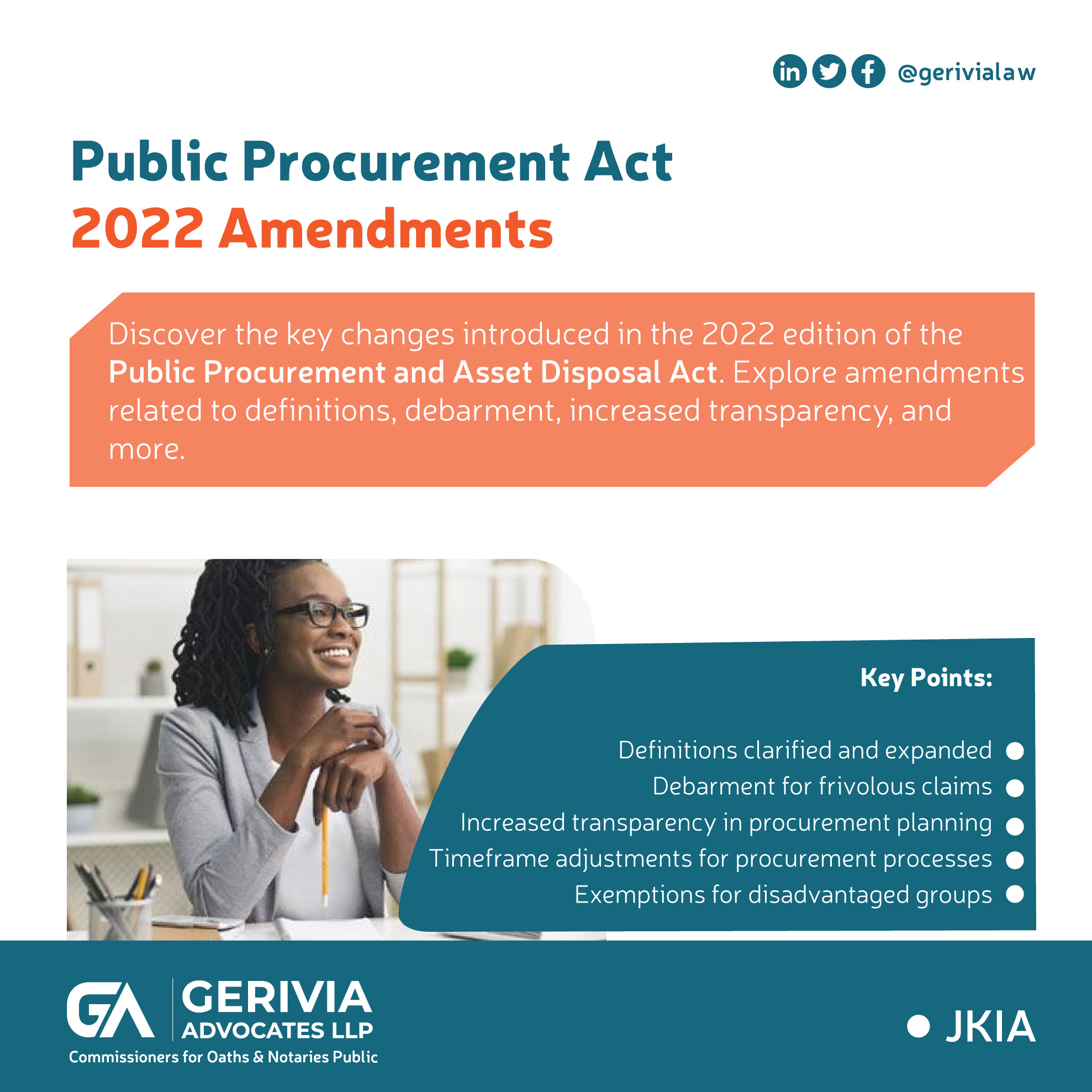Majority of the people in Kenya acquire land with the intention of occupying or developing it in future. This intention, can sometimes lead to a number of issues including an occupier/what the registered proprietor would term as a trespasser, raising a defence of adverse possession or a suit/cross suit for an order for a title to be issued in his favour.
Case Illustration
To illustrate this, X Company moved to Court in 2008 seeking a mandatory injunction compelling Y to demolish structures erected on property Z (suit property) and a permanent injunction restraining Y from trespassing on the suit property.
X claimed it was the sole proprietor of the suit property which had been allocated to it in 1994 and it had a title registered in its name. X discovered that Y’s occupation of the suit property in 2008 and even reported the matter to the police.
Y claimed he had occupied the suit property since he was born and had, by the time X filed suit in 2008, been in occupation of the suit property for 45 years. He contended that he had developed the property and even put up permanent houses.
Y also contended that although he had no permission from X to occupy the property, he had done so openly, continuously, publicly, exclusively, uninterruptedly, and adverse to X’s title and hence he had acquired adverse possession of the property. Having lived there since he was born, Y stated he did not know X or why X was claiming the property.
X bought the suit property in 1994 and purposed to use it in future. X had not utilized the property from 1994 to 2008. X did not know what was happening on the land from the time it acquired it (1994) until 2008.
Held: The Court held that X’s suit was time barred pursuant to Section 7 of the Limitation of Acts Action and proceeded to dismiss the suit. [See Chevron Kenya Limited v Harrison Charo Shutu [2015] eKLR].
Limitation of Actions Act and Adverse Possession
It should be noted that a reading of Section 7, 9 and 13 of the Limitation of Actions Act shows that one can raise a defence of limitation of action if he has dispossessed the owner of land for a period of more than 12 years or if the owner of the land has discontinued possession of his land for over 12 years, and within which period the person raising the defence of limitation has been in possession of the land.
A person who successfully mounts this defence, is said to have adversely acquired another person’s property.
Definition of Adverse Possession
Adverse possession is the process by which a person can acquire a title to someone else’s land by continuously occupying it in a way that is inconsistent with the right of the owner.
If the person in adverse possession continuous to occupy land, and the owner does not exercise his right to recover it by the end of the prescribed period of 12 years, the owner’s remedy as well as his title to the land are extinguished by virtue of the provisions of Sections 7, 9, 13, 37 and 38 of the Limitation of Actions Act. [See ELC Case No. 124 of 2012 Alice Chemandan Siyoi v Joel Kiptoo Ng’eno & 3 others; John Thuo Gakuru (Interested Party].
After purchasing or acquiring or being allocated land, taking possession can take many forms which include fencing, farming, planting trees, developing the property by erecting permanent or temporary structures.
Possession does not necessarily imply that the possessor (person who has been allocated/purchased/acquired the land) has to reside on the land.
“Possession of land or any property for that matter need not be actual and physical; possession can also be constructive. In the instant case, the record shows that the plaintiff entered the suit property in 1964; constructed a house thereon in 1970 and put his elder brother to live in the house and the plaintiff together with his wife occasionally visited and lived in the house. These facts on record not only prove actual possession but also constitute constructive possession of the suit property by the plaintiff. The elder brother of the plaintiff was in possession of the suit property by license and permission of the plaintiff. In law, actual possession of any property by a licensee is constructive possession thereof by the licensor.” [See Court of Appeal in Peter Mbiri Michuki v Samuel Mugo Michuki [2014] eKLR]
The right to use and enjoy land, which is guaranteed under Article 40 of the Constitution, can be lost. One of the ways it can be lost is through adverse possession.
Taking possession of land, after it has been allocated to you or after you have acquired it or after you have purchased it, is one of the ways a land owner can guard against losing his right to use and enjoy land through adverse possession.
TAKE POSSESSION OF LAND AFTER IT IS ALLOCATED TO YOU, OR AFTER YOU ACQUIRE IT OR PURCHASE IT! IT IS IMPORTANT.




